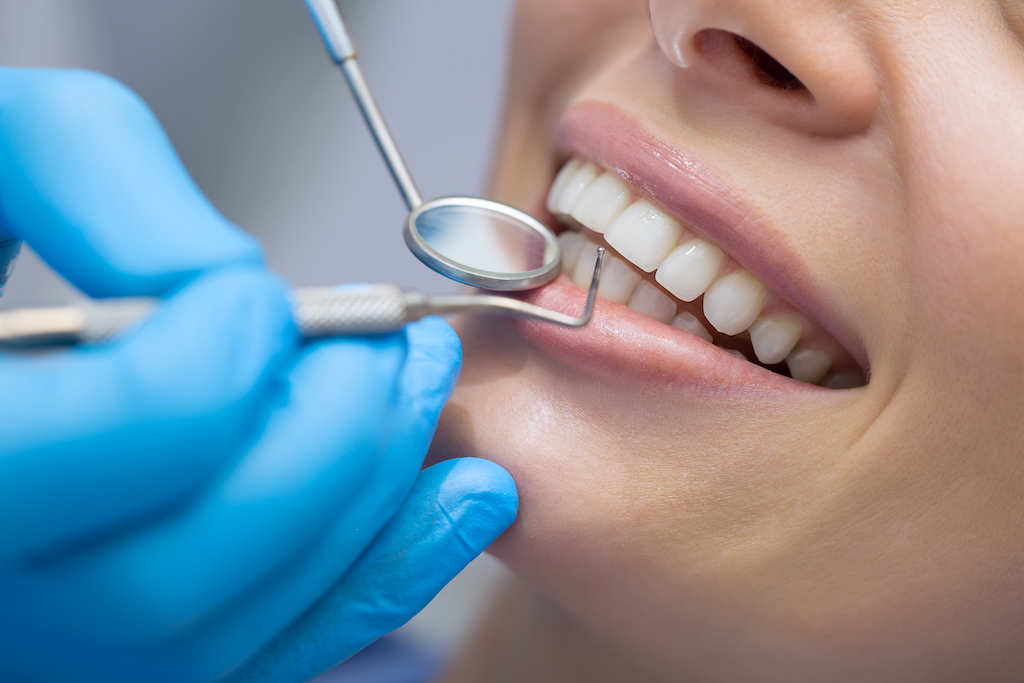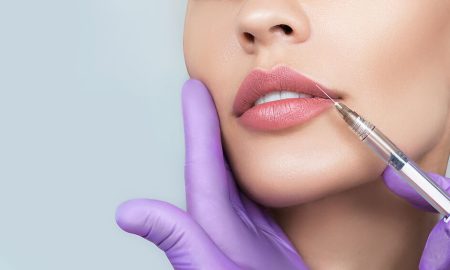
Are you experiencing a dull ache or a sharp electric sensation in your mouth? Is it exacerbated by temperature changes (hot or cold), increased pressure (pain on biting or when chewing), or is it spontaneous? These are all signs of a toothache. Additionally, sometimes there can be swelling and inflammation. The swelling may present as a localized intraoral swelling or as a more generalized facial swelling. The symptoms of a toothache can present differently depending on if the cause is due to a cavity, a tooth infection, a fractured tooth, trauma, gum recession, habits such as grinding or clenching, or instability in the bite. To treat these toothache pains, Haute Beauty sat down with Haute Beauty experts at The Dental Spa to discuss prevention methods.
How can you treat a toothache at home?
The ADA recommends that the first line of treatment for dental pain is NSAIDs. Generally, the most effective way to alleviate tooth pain at home is with ibuprofen, preferably liquid gels. Studies have shown that ibuprofen is the best way to manage tooth pain and can also be used in conjunction with acetaminophen for more moderate to severe pain. Unfortunately, dentists are common over prescribers of opioid medications, and typically these are not the best medications to treat tooth pain.

How can toothaches be prevented?
Toothaches can be prevented by seeking routine dental care at least every six months and by maintaining an at-home oral hygiene regimen that consists of brushing twice daily, preferably with an electric toothbrush, and flossing daily.
Sensodyne toothpaste can help alleviate tooth sensitivity if you are prone to sensitive teeth. If you grind or clench your teeth, consume high sugar or acidic foods, or have gum sensitivity due to recension, you should consult your dentist at that point. All of these scenarios can present future dental issues, so it is essential to seek professional opinions on managing these situations.
When should I see a dentist about a toothache?
In the event of any toothache, you should see a dentist to ensure that the underlying cause is identified and either treated or managed to prevent it from becoming worse in the future. A proactive approach is always the best way to ensure that a small problem does not become a bigger problem in the future!
What treatments are available for toothache?
The treatments for a toothache vary according to the cause of the toothache. Treatments can be as simple as applying a desensitizer or a fluoride treatment, a bite adjustment, or a simple filling, or more complex such as a crown restoration, root canal, or extraction. Our primary objective is to correctly identify the cause and inform the patient of the most conservative and effective way to treat the pain.






















